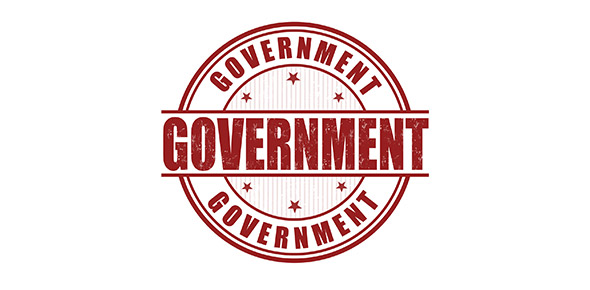Related Flashcards
Related Topics
Cards In This Set
| Front | Back |
|
Federalism
|
Form of Government that involves the various levels sharing power with each other.
|
|
Unitary Government
|
Form of Government that involves a strong national government and weak local/state government.
|
|
Intergovernmental relations
|
The workings of the federal-system the entire sent of interactions among national, state, and local governments.
|
|
Supremacy Clause
|
Article VI of the Constitution, which makes the Constitution, national laws, and treaties supreme over state laws when the national government is acting within its constitutional limits.
|
|
Tenth Amendment
|
THe constititutional amendment stating that "The powers not delegated to the US by the Constitution, nor prohibited by it to the states, are reserved to the states respectively, or to the people"
|
|
MuCulloch v. Maryland
|
An 1819 Supreme Court decision tat established the supremacy of the national government over state governments. In deciding this case, Chief Justice John Marshall and his colleagues held that Congress had certain implied powers in addition to the enumerated powers found in the Constitution.
|
|
Enumerated powers
|
Powers specifically given to the branches of Government by the Constitution.
|
|
Implied powers
|
Powers that have been given to the government via the Elastic Clause in the Constitution.
|
|
A
|
A
|
|
Elastic Clause
|
The final paragraph of Article I, Section 8, of the Constitution which authorizes Congress to pass all laws "necessary and proper" to carry out the enumerated powers.
|
|
Gibbons v. Ogden
|
A landmark case dcided in 1824 in which the Supreme Court interpreted very broadly the clause in Article I, Section 8, of the Constitution giving Congress the power to regulate interstate commerce, encompassing virtually every form of commerical activity.
|
|
Full faith and credit
|
A clause in Article IV, Section I, of the Constitution requiring each state to recognize the official documents and civil judgements rendered by the courts of other states.
|
|
Extradition
|
A legal process whereby an alleged criiminal offender is surrendered by the officials of one state to officials of the state in which the crime is alleged to have been committed.
|
|
Privileges and immunities
|
A clause in Article IV, Section 2, of the Constitution according citizens of each state most of the privileges of citizens of other states.
|
|
Dual Federalism
|
A system of government in which both the states and the national government remain supreme within their own spheres, each responsible for some policies.
|






